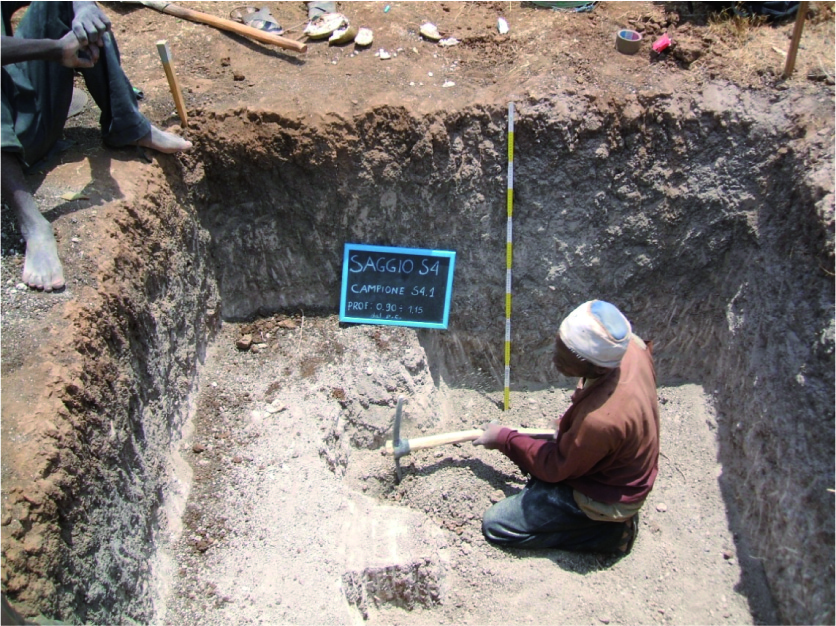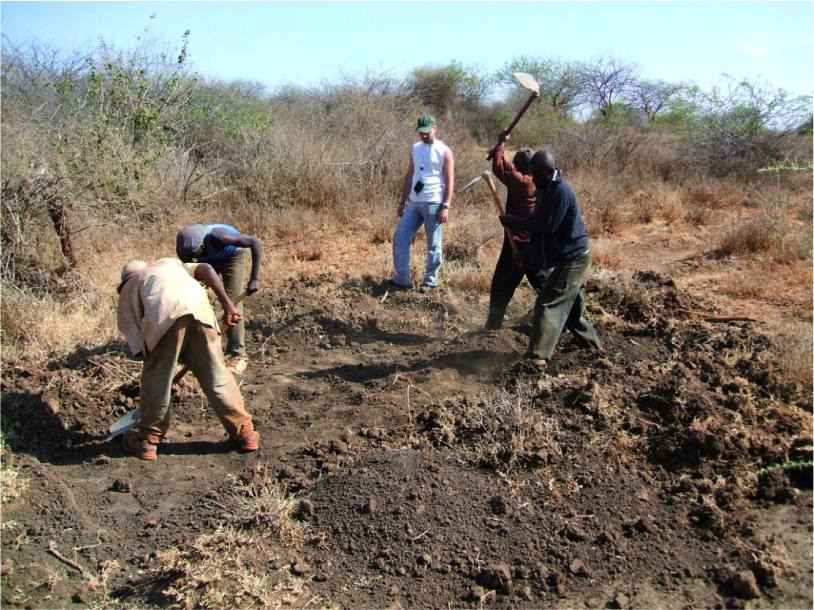The main objective of this project is to sustainably increase access to clean water and basic sanitation for communities, helping to reduce poverty. The use of a proven technology, Phytosanitation, has also helped to improve the quality of water available to people. This process has reduced the components harmful to long-term health, according to the 2002 National Water Policy, which recommends an integrated and participatory approach between planning, development and water management.
The action took place in Tanzania, in the Dodoma region, in the districts of Kongwa and Chamwino (formerly Dodoma Rural). The action aimed at the sustainable improvement of rural water supply and sanitation (RWS & S) services for the poor rural population in the area.
To support the seven rural communities in accessing safe water, the project planned the construction of four new water schemes, the rehabilitation of three existing water schemes and the establishment of 300 sanitation facilities. The action supported the implementation of Tanzania’s water policy on the role and responsibility of water users’ associations and private sector operators to improve the sustainability of water systems.
The presence of private stakeholders in the management of water schemes has been promoted and their role formalised to avoid mismanagement of schemes. The provision of safe drinking water to the rural population was also achieved through the introduction of innovative technologies to improve groundwater quality (phytosanitation plant). In addition, the project aimed to strengthen the 2 District Water Departments and promote planning, development and management of water resources, sanitation and services in local communities by providing training and operational tools (GIS database) to district officers and facilitating fruitful interaction between the public and private sectors.





